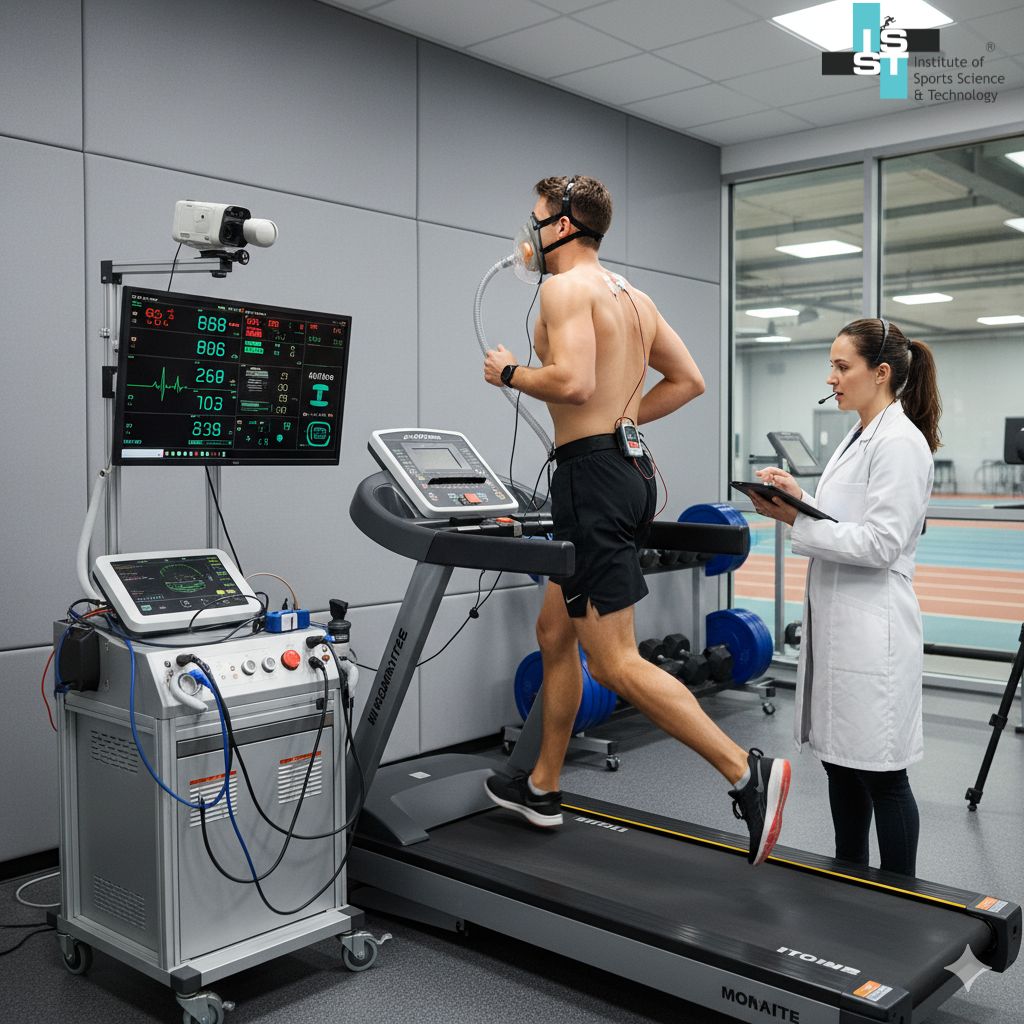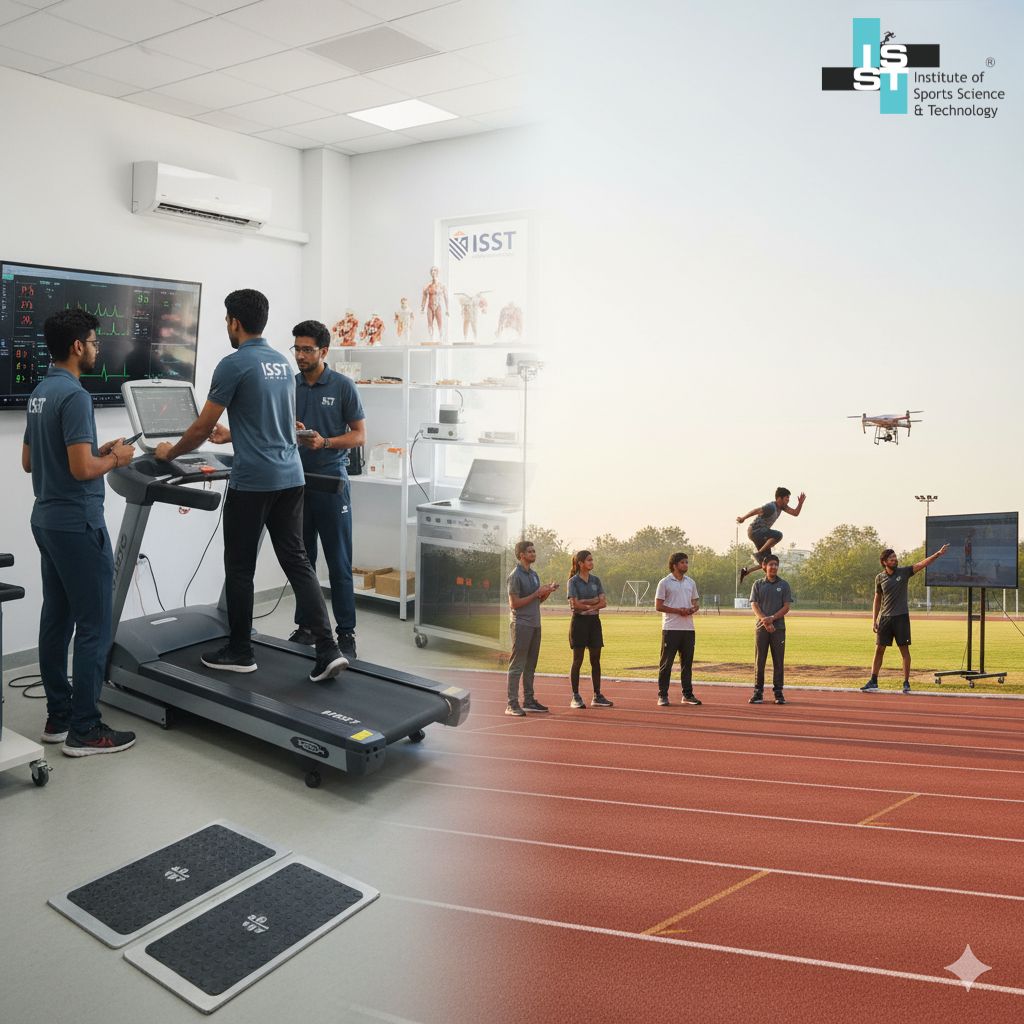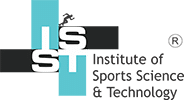We all see the glorious, last-second goal or the perfect, game-winning shot. We celebrate the athlete. But behind that single moment of triumph is a vast, unseen team of experts who made it possible. This team monitors the athlete’s body, hones their nutrition, strengthens their mind, and rehabs them from injury.
This is the world of sports medicine. And in an era where the global sports industry is valued in the hundreds of billions, the demand for these professionals has never been higher.
If you have a passion for sports and a fascination with science, performance, and health, a sports medicine career might be your calling. But what does that career path actually look like? Is it only for doctors? What can you really do, and how do you even get started?
This comprehensive guide will break down everything you need to know about launching a successful sports medicine career, from the diverse roles available to the exact educational steps you need to take.
What is Sports Medicine? (And Why It’s More Than Just Doctors)
The first and most common misconception about a sports medicine career is that it’s exclusively for medical doctors (MDs). While sports physicians are a critical component, the term “sports medicine” is a broad, multidisciplinary umbrella.
Sports medicine is the field of health, science, and wellness dedicated to:
- Preventing injuries in athletes and active individuals.
- Diagnosing and treating sports-related injuries.
- Optimizing athletic performance through scientific principles.
- Promoting health and wellness through physical activity.
This field is a team effort. It brings together doctors, surgeons, physical therapists, athletic trainers, nutritionists, psychologists, and exercise scientists. Each professional plays a distinct role, but they all share one common goal: to keep athletes safe, healthy, and performing at their absolute peak.
The Growing Demand: Why Pursue a Sports Medicine Career Now?
There has never been a better time to get into this field. The sports industry is no longer just a hobby; it’s a massive global business.
The Numbers Don’t Lie
Professional leagues are expanding, collegiate sports are becoming more competitive, and even amateur and youth sports are adopting more sophisticated approaches to training. The global sports market size is projected to continue its explosive growth.
This commercial boom means more funding, more teams, and more athletes—all of whom require a dedicated support staff to protect their health, which is their primary asset.
The Shift from Reactive Treatment to Proactive Performance
Perhaps the biggest driver of growth is a fundamental shift in philosophy.
For decades, sports medicine was reactive. An athlete got injured, and a doctor fixed them. Today, the field is proactive. Teams and athletes invest heavily in preventing injuries before they happen. They focus on data analytics, biometric tracking, customized nutrition plans, and mental conditioning to gain a competitive edge.
This shift has created a massive demand for specialists like exercise physiologists, sports nutritionists, and sports scientists—roles that barely existed 20 years ago.

Exploring the Top Sports Medicine Career Paths
A sports medicine career is not a single path; it’s a network of specializations. Here are some of the most prominent and in-demand roles in the field.
1. The Sports Physician
This is the role most people think of. Sports physicians are MDs (or DOs) who have completed a specialization (a fellowship) in sports medicine. They are often the team doctor, a non-surgical expert who diagnoses injuries, manages conditions like concussions, and serves as the primary medical contact for a team or athlete.
- Key Responsibilities: Diagnosis, ordering and interpreting imaging (MRIs, X-rays), managing chronic conditions, and clearing athletes to return to play.
- Educational Path: Medical school (MD or DO) + residency + sports medicine fellowship.
2. The Sports Physical Therapist (PT)
When an athlete is injured, the sports PT is their guide back to health. They are experts in musculoskeletal rehabilitation. They don’t just help athletes recover; they analyze their movement patterns to identify the root cause of the injury and build programs to prevent it from happening again.
- Key Responsibilities: Creating rehab plans, hands-on manual therapy, gait and movement analysis, and post-surgical recovery.
- Educational Path: Bachelor’s degree + Doctor of Physical Therapy (DPT) degree + (often) a sports residency or certification (SCS).
3. The Athletic Trainer (AT)
Athletic trainers are the first responders. You see them running onto the field when an athlete goes down. They are healthcare professionals trained in the immediate assessment, treatment, and rehabilitation of acute and chronic injuries. They work directly with sports teams, often traveling with them.
- Key Responsibilities: On-field emergency care, injury assessment, taping and bracing, and communicating with coaches and physicians.
- Educational Path: Bachelor’s or (increasingly) Master’s degree in Athletic Training + passing the Board of Certification (BOC) exam.
4. The Exercise Physiologist
This is one of the fastest-growing sports science careers. Exercise physiologists are the scientists of performance. They study the body’s response to physical activity. In a sports setting, they design and manage fitness and conditioning programs to enhance speed, strength, and endurance.
- Key Responsibilities: Conducting performance tests (like VO2 max), analyzing data, designing periodized training programs, and working with coaches to optimize player load.
- Educational Path: Bachelor’s or Master’s degree in Exercise Physiology, Kinesiology, or Sports Science.

5. The Sports Nutritionist / Dietitian (RD)
Athletes understand that “you are what you eat.” Sports nutritionists design eating plans that fuel performance, speed up recovery, and help athletes achieve optimal body composition. They translate the science of nutrition into practical, real-world meal plans.
- Key Responsibilities: Creating individual nutrition plans, advising on hydration and supplements, managing athlete weight, and providing nutrition education.
- Educational Path: Bachelor’s degree in nutrition + (for Registered Dietitians) a dietetic internship and passing a national exam. A sports-specific certification (CSSD) is highly recommended.
6. The Sports Psychologist
The mental game is just as important as the physical one. Sports psychologists work on the mind of the athlete. They help athletes cope with the immense pressure of competition, overcome performance anxiety, build confidence, and maintain focus.
- Key Responsibilities: One-on-one counseling, team workshops on goal-setting and visualization, and helping athletes return from injury with mental resilience.
- Educational Path: Master’s or Doctoral degree in psychology, often with a specialization in sport psychology.
Salary and Job Outlook: What to Expect from Your Career
A sports medicine career is not just fulfilling; it can be financially rewarding. Salaries vary widely based on the specific role, level of education, years of experience, and whether you’re working in a private clinic, a hospital, or with a top professional sports franchise.
While specific figures change, here are some general insights:
- High Earners: Surgical roles (like Orthopedic Surgeons) and experienced Sports Physicians in private practice or with pro teams are at the top of the pay scale.
- Strong, Stable Growth: Physical Therapists and Athletic Trainers have excellent job outlooks, with [external link: U.S. Bureau of Labor Statistics data] consistently showing faster-than-average growth for these professions.
- Emerging Fields: Roles like Exercise Physiologist and Sports Nutritionist are rapidly gaining traction. As more organizations invest in performance science, the earning potential and demand for these data-driven roles are on the rise.
The key takeaway is that this is a stable, growing industry. The demand for qualified professionals who can keep athletes healthy and performing is not going away.
How to Start Your Sports Medicine Career: A Step-by-Step Guide
Feeling inspired? Here is the practical, step-by-step roadmap to launch your own journey.
Step 1: Get the Right Foundational Education
Your journey begins with a strong academic foundation. In high school, focus on science courses like biology, chemistry, physics, and anatomy.
In your undergraduate (Bachelor’s) program, you’ll want to choose a relevant major. Excellent starting points include:
- Kinesiology
- Exercise Science
- Sports Science
- Nutrition
- Biology
- Psychology (if aiming for that specialty)
Step 2: Choose Your Specialization (Post-Graduate)
As you saw from the list of careers, a Bachelor’s degree is often just the beginning. Most high-level sports medicine jobs require a post-graduate degree, diploma, or certification.
This is the most critical decision you’ll make. Do you want to pursue:
- A Master’s degree in Sports Science or Exercise Physiology?
- A professional doctorate like a DPT (Physical Therapy)?
- A specialized post-graduate diploma in Sports Nutrition or Sports Management?
- Medical school to become a physician?
Your choice here will define your specific career path.
Step 3: Gain Practical, Hands-On Experience
This is non-negotiable. You cannot learn sports medicine from a textbook alone.
You must get practical experience. This is where internships, volunteer work, and certifications become your greatest assets. Working in a university athletic department, shadowing a physical therapist, or interning at a performance lab is where you’ll apply your knowledge and build your professional network.
This practical component is what separates successful candidates from the rest.
Read our guide on the importance of sports internships
Building Your Foundation at the Institute of Sports Science and Technology (ISST) Pune
Navigating the worlds of specialized education and practical internships can feel overwhelming. You need a program that is deeply embedded in the sports industry and designed specifically to bridge the gap between academic knowledge and real-world application.
That is precisely why the Institute of Sports Science and Technology (ISST) Pune was founded.
Why ISST Pune is Your Launchpad for a Career in Sports
We are not a traditional, theory-only university. We are a specialized institute dedicated to creating the next generation of sports industry leaders.
Our programs are designed with one goal: to get you “industry-ready” from day one.
- Expert Faculty: Learn from professionals who are actively working in the field with top athletes and sports organizations.
- Industry-Focused Curriculum: Our courses are built around the practical skills that teams and sports companies are hiring for right now.
- Unmatched Practical Experience: We leverage our extensive network to provide students with unparalleled internship and placement opportunities, giving you the hands-on experience you need to succeed.

Our Specialized Programs
Whether you’re drawn to the science of performance, the management of sports organizations, or the specifics of sports nutrition, ISST Pune has a focused pathway for you. We offer a range of specialized post-graduate and diploma programs designed to be the perfect “Step 2” in your journey.
Instead of a generic degree, you get a specialized education that makes you an immediate asset to any sports organization.
Explore ISST’s Specialized Sports Science & Management Courses
Challenges and Rewards: A Realistic Look
A sports medicine career is incredibly rewarding, but it’s important to be realistic.
The work can be demanding. It often involves long hours, including evenings and weekends, to match the schedules of athletes and teams. The pressure is high, as an athlete’s career and a team’s success can rest in your hands.
But the rewards are unmatched. You are an integral part of the team. You build deep, trusting relationships with athletes and coaches. You feel the adrenaline of game day. And you get to witness the incredible journey of an athlete returning from a devastating injury to score that game-winning goal—knowing you were the one who guided them back.
Conclusion: Are You Ready to Shape the Future of Sports?
The field of sports medicine is dynamic, growing, and filled with opportunity. It’s a career path for those who are passionate, driven, and dedicated to the science of human performance.
It’s a journey that requires the right education, a commitment to practical learning, and a deep love for the game.
If you’re ready to move from the sidelines into the action, your journey starts now.
Don’t just dream about a sports medicine career—start building it.
Explore the specialized sports science, nutrition, and management programs at the Institute of Sports Science and Technology (ISST) Pune and find your place on the team behind the team.





